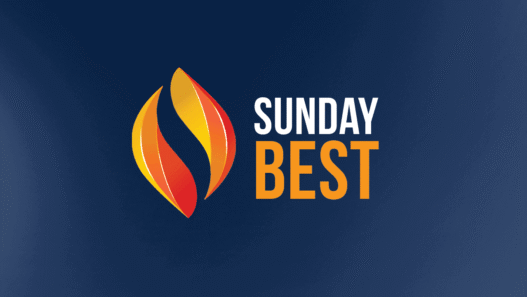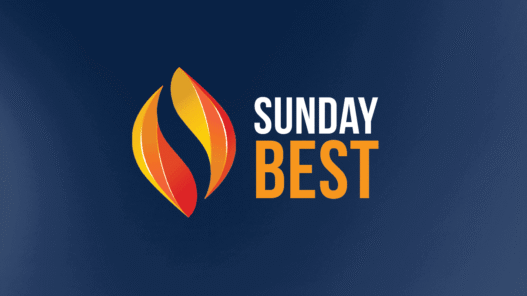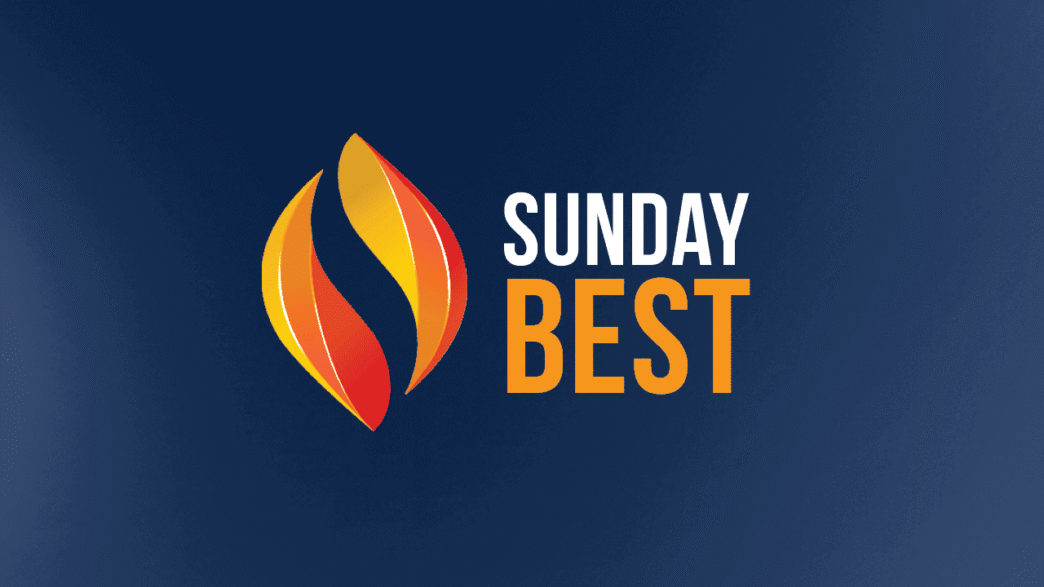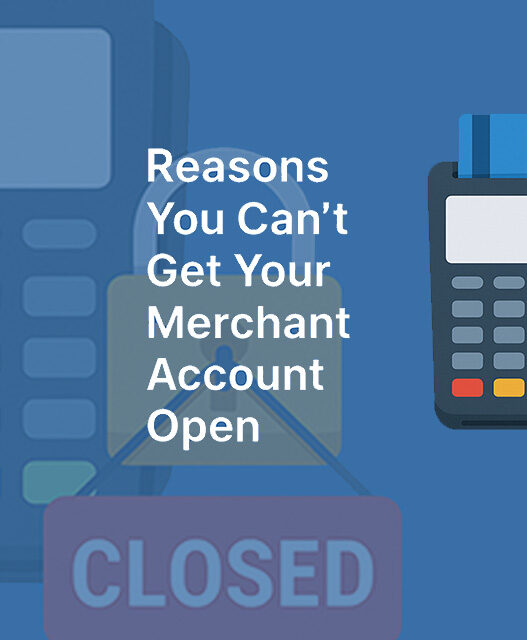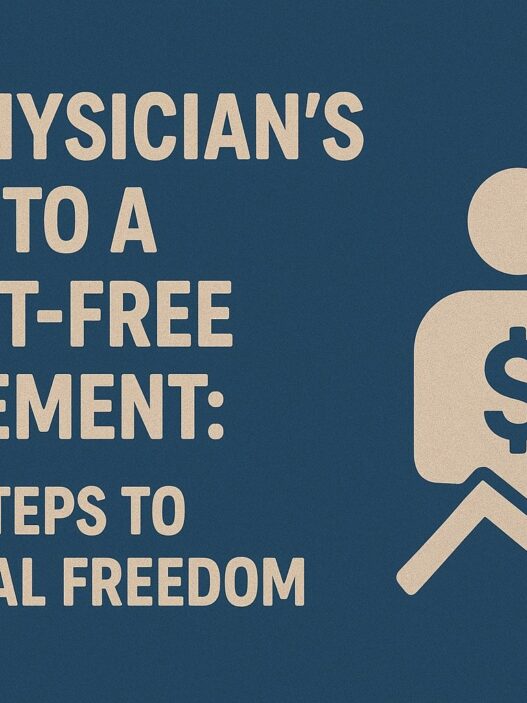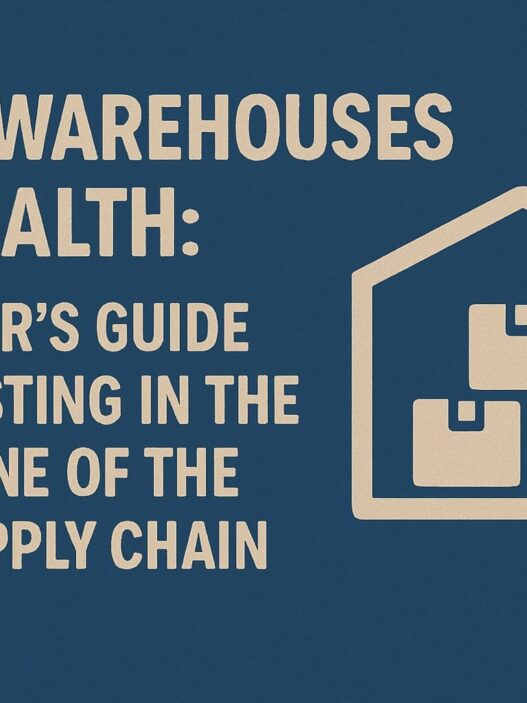Google Finance will integrate predictions market data from leading platforms Polymarket and Kalshi directly into its search results. Polymarket's monthly volume, active traders, and new markets hit all-time highs in October as prediction markets continue to gain steam.
If you ever took an economics class, you probably learned the two main ways the government can stimulate a sagging economy: The Federal Reserve can cut interest rates, or Congress can pass a spending or tax-cut package. We may soon discover an innovative third form of stimulus, courtesy of the Supreme Court.
Thanks to the near bear market back in April around the Liberation Day crash, 2025 joined the ranks of basically every other year in history that had some scary headlines and market volatility. Do yourself a big favor and go into each year expecting to see some scary headlines and big down days.
People wanting to pay off their mortgage because they detest debt, desire freedom from mortgage payments, or simply want financial flexibility, is understandable at a 5% mortgage rate, but it's unacceptable at a 3% rate. Some people wish they had borrowed even more money when interest rates were 3%.
If you want to find reasons to be concerned, there are plenty: Valuations are extended, AI bubble chatter is everywhere; the market is concentrated at the top, and gains are increasingly narrow; there are some credit concerns amid minor blow-ups; sentiment is ugly. This is the time to be aware of your bias towards action.
Entrepreneurs typically have a high tolerance for risk, as evidenced by their comfort with uncertainty and all-or-nothing mindset. So what about you?
What feels like a “big” moment to one person might barely register for someone else. That's because we don't just remember events, we interpret them. Memory is an editing process. We decide, consciously or not, which moments matter and which fade away. Over time, those memories connect into something bigger: the story we tell ourselves about who we are and what our life means.
While people are living longer, they're also having fewer children. This population shift means caring for parents, grandparents, and other relatives could become even more challenging with fewer family members to pitch in. The caregiving industry is already experiencing a workforce shortage. The decline in the birth rate may reshape how we think about caring for the oldest Americans.
The $911 billion reduction in Medicaid spending that is expected to occur over the next decade as part of the HR1 bill (or “one big, beautiful bill” as President Trump calls it) won't just hit those on Medicaid. It will hit everyone.
The Medicare changes taking effect in 2025 will alter how Medicare coverage is verified, how healthcare insurers get paid, and how physicians document care. Let's look at the changes, the likely market responses, and what beneficiaries and clinicians should do during the most consequential Annual Enrollment Period in years.
We physicians excel at diagnosing sick patients. We're terrible at diagnosing our own dead-end professional decisions. Medicine breeds a particular strain of sunk cost thinking. We're trained to persist against impossible odds. Fight death. Never give up. That same mentality — heroic patient care — becomes toxic when applied to career decisions.
Tax planning is not just about paying less in taxes; it is about creating flexibility. With tax laws in constant motion and new savings opportunities emerging, retirement planning now requires a clear understanding of how different account types affect long-term tax flexibility and income planning.
Our Friends at Lightstone DIRECT Are Hosting A Webinar That's Worth Your Time
Lightstone is a $12 billion institutional real estate operator offering accredited investors direct access to single-asset industrial and multifamily deals—no crowdfunding platforms, no multi-layered fees. What sets them apart? They co-invest at least 20% of their own capital in every transaction alongside physician investors.
If you've been curious about industrial real estate or frustrated with traditional syndication returns, this webinar will show you how institutional operators actually underwrite deals—and why direct-sponsor investing is gaining traction among high-income professionals. Register below to join us.



